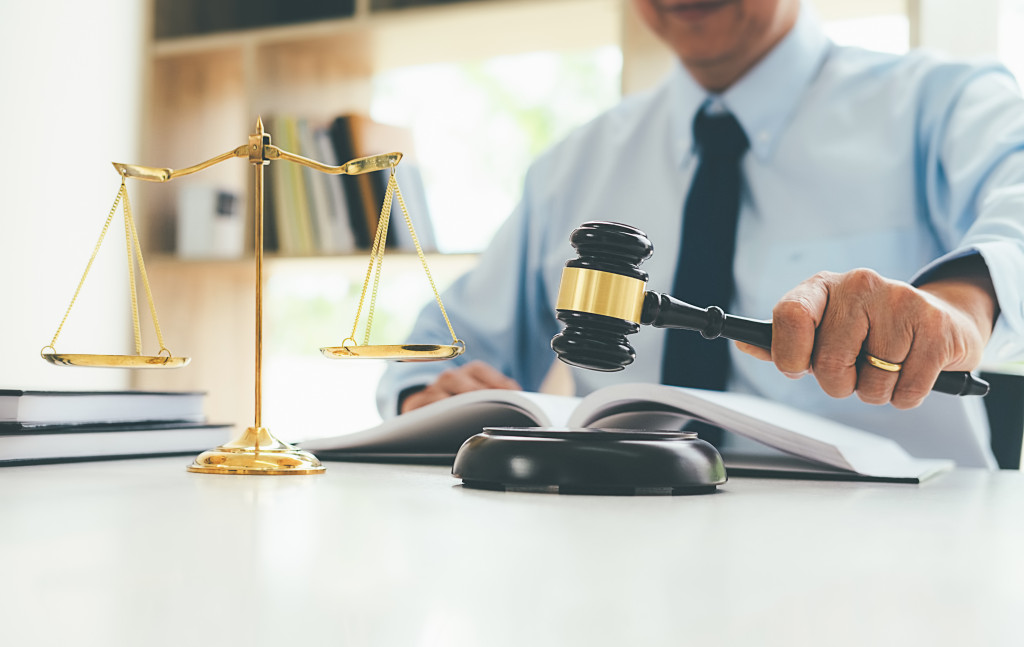- Estate planning involves strategic steps like drafting a will or establishing a trust to safeguard and distribute your assets effectively.
- Inventorying your assets, considering your heirs, and regularly reviewing beneficiary designations are key considerations in estate planning.
- Understanding and strategizing for potential tax implications can maximize the wealth passed onto your heirs.
- Proper estate planning provides peace of mind and ensures wealth is distributed according to your wishes.
Strategic estate planning is key in safeguarding your hard-earned assets for the future. It’s more than just drafting a will; it’s about designing a comprehensive approach to protect, grow, and distribute your assets when the time comes. From tax considerations and legalities to selecting trustworthy executors, this article will explore the best strategies to ensure you make smart decisions for your wealth and your loved ones’ future.
Draft a Will or Establish a Trust
Drafting a will or establishing a trust is the first step in preparing your estate for the future. A will declares who will receive your property and assets upon your passing. At the same time, a trust is an agreement between you, as the grantor, and another person or institution, such as a bank or financial advisor, to manage the distribution of assets after death. Both are important tools for protecting and preserving your wealth for future generations. Here are some key strategies to consider when creating a will or trust:
Inventory Your Assets
Before you start drafting a will or establishing a trust, compiling a comprehensive inventory of your assets is critical. This includes tangible property like your home, car, and personal belongings, as well as intangible assets such as investments, retirement accounts, and insurance policies.
Including any business you own or have a stake in is also vital. This comprehensive list provides a clear snapshot of your wealth, making deciding how to best divide and distribute these assets easier. Keeping this list updated is equally important, as it reflects the changes in your assets over time.
Consider Your Heirs
Considering your heirs is a crucial aspect of estate planning. It involves making sensitive decisions about who will inherit your assets and in what proportions. To do this effectively:
- Reflect on your potential heirs’ needs, capabilities, and financial stability.
- Remember that fairness doesn’t always mean equality; you might choose to distribute your assets according to your heirs’ needs or life circumstances.
- Consider potential issues such as minors inheriting large sums, or the risk of a beneficiary squandering their inheritance, as these may necessitate establishing a trust instead of a will.
Review Beneficiary Designations
Reviewing beneficiary designations involves ensuring that your designated beneficiaries on policies like life insurance and retirement accounts align with your current wishes.
Overlooking this aspect in estate planning can lead to unintended consequences, such as your assets being distributed to an ex-spouse or deceased relative. Regularly updating your beneficiary designations, especially after major life events like marriage, divorce, or childbirth, ensures that your assets will be distributed as desired.
Think about Taxes

Considering taxes is an integral part of estate planning that can significantly impact the inheritance you leave behind. Various federal and state taxes, such as estate, inheritance, and gift tax, may apply, each with distinct rules and exemptions. Strategizing to minimize these taxes can maximize the wealth passed onto your heirs.
For instance, gifting assets during your lifetime, establishing trusts, or donating to charity can reduce the taxable estate. It’s advisable to seek professional advice to navigate the complexities of tax laws and adopt the best tax-efficient strategies tailored to your situation.
Choose Your Executor Wisely
Choosing an executor is a critical aspect of estate planning. This person will manage your estate after your death, ensuring your assets are distributed according to your wishes. The role involves great responsibility and requires honesty, diligence, and the ability to effectively handle legal and financial matters.
You may choose a trusted friend, family member, or professional like a lawyer or a financial advisor. Discussing this with the person you choose is crucial to ensure they’re willing and capable of fulfilling this significant duty.
Consult an Estate Lawyer

Consulting an estate lawyer is an indispensable part of effective estate planning. These legal professionals can provide expert guidance on complex legal matters, ensuring your estate plan is compliant with state laws and tax regulations. They can assist in drafting airtight wills or trust agreements, advising on potential legal pitfalls, and safeguarding your assets against unnecessary liabilities.
Moreover, an estate lawyer can be instrumental in dispute resolution, helping to avoid family conflict over asset distribution. Their expertise can simplify the process and provide peace of mind, knowing your estate is in capable hands.
In conclusion, while estate planning might seem overwhelming, it’s a necessary step to ensure that your hard-earned wealth is protected and distributed according to your wishes. From drafting a will or trust to choosing an executor, each decision you make today can significantly impact your loved ones’ future. Don’t leave your estate to chance or default laws; take control of your financial future. Seek the guidance of an estate lawyer and start your estate planning today. Your loved ones will thank you for your foresight and preparation.
